Mirages of the Past
Chasing the Sun: El Shatt
Using archive materials, Chasing the Sun: El Shatt attempts to reconstruct a fragmented memory and touches on historical facts about El Shatt, the largest refugee camp in the Sinai desert in Egypt during WWII.
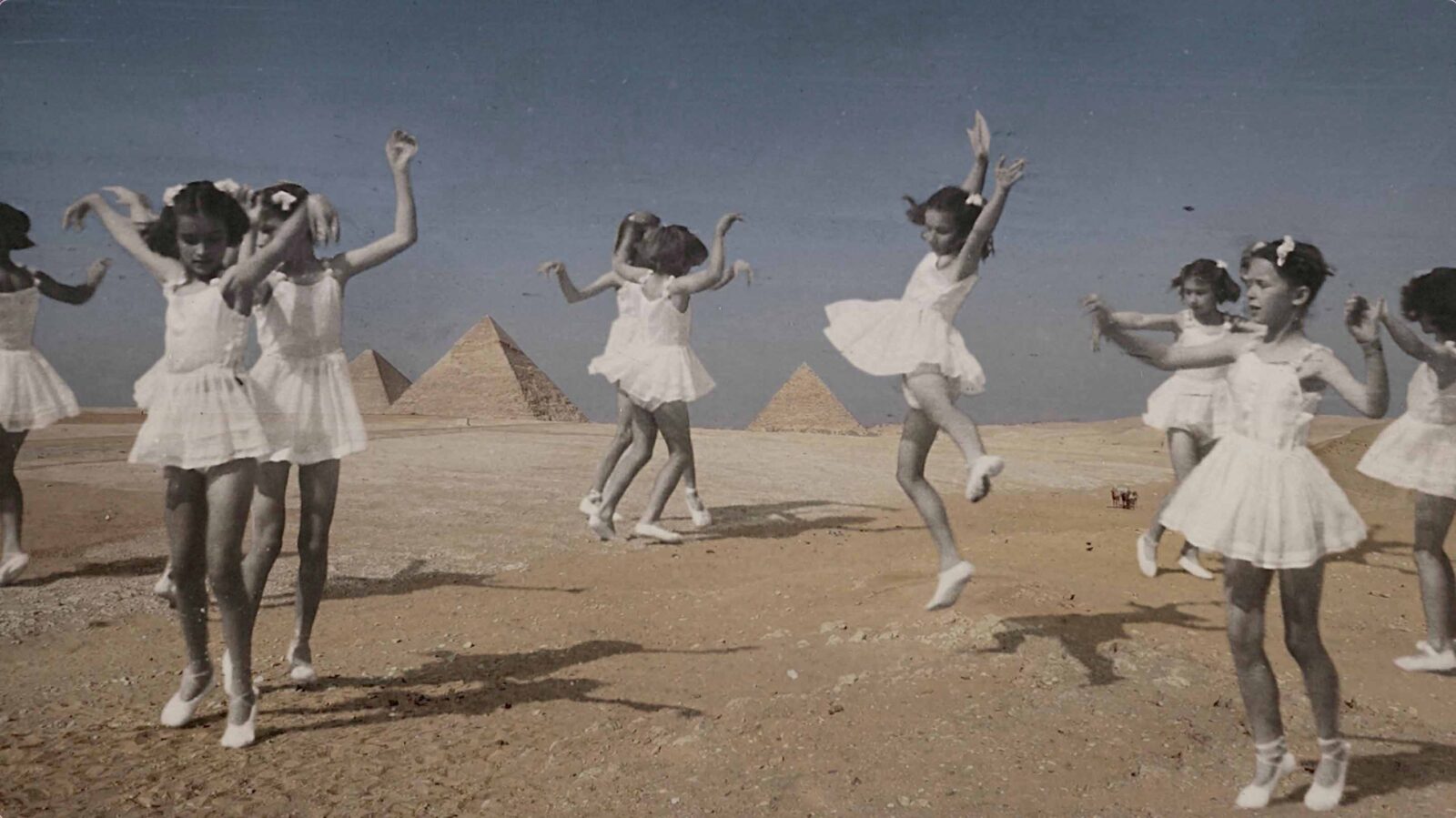
The first thing one sees on the arid landscape is a majestic triangular creation of human mind and body standing against the horizon. Is it truly the pyramid it seems to be, or isn’t it just a mound of sand resting in front of a small portion of the blue sky? The opening shot of Ana Bilankov’s Chasing the Sun: El Shatt perfectly encapsulates our illusory attempts to grapple with historical events and traumas through images. The title is all too apt: chasing the sun is indeed a self-destructive Icarian pursuit. But that’s where the beauty and meaning of the effort lie.
Screening in the Balkan competition at FeKK — Ljubljana Short Film Festival, Croatian multimedia artist Bilankov’s ‘transtemporal journey’, as she calls it, is centered on the El Shatt refugee camp that housed Yugoslavians who fled the Nazis during the World War II. While her camera roams the site in the present time, Bilankov uses archival material (textual and visual) to reconnect with a reality beyond her grasp. Grounded in a collage aesthetic, photographs, moving images, quotes, and archival descriptions form a makeshift narrative around displaced people. Absences are the film’s structuring principle, turning historical and discursive gaps into an advantage.
Clever and practical as it is, however, Bilankov’s approach doesn’t fully leverage the specificities of the cinematic medium; rather than creative or bold editing choices, the director opts instead for a rather straightforward structure. Throughout, one feels as though what they are watching is a museum exhibition about El Shatt, not a film. This is not to suggest Bilankov uses the filmic space to create a museological experience à la Ken Jacobs, say, or Peter Greenaway. Quite the opposite. Due in large part to the presence of textual references, the film’s goals are largely informative and explicative.
In stark contrast with the short’s visuals, the sound operates on a different wavelength. Refracting the danger of the voyage so many Yugoslavians undertook during the war, the ever-changing, metallic hums, buzzes and echoes feel like a journey in themselves. In the skillful hands of sound designer Yiannis Loukos, electronic music pioneer Halim El-Dabh’s sonic manipulations immerse the audience in a trance-like experience.
Another strong acoustic element is Bilankov’s own voice, which takes over the story once official archives are silenced. It’s a choice that allows the informative aspect of the textual references to serve its true purpose: to highlight the narrative gaps that inevitably accompany the clash of official and private accounts of the past. The filmmaker, whose grandmother and father were sent to El Shatt, muses on the only personal document she rescued from their journey: a tiny photograph of her father, clad in a suit made from the military blankets in El Shatt, taken upon their return to Split when he was five years old. As the sole voice-over segment in the entire movie, Bilankov’s story further emphasizes the discursive distance that stands between her family’s experience and what went down in history as the ‘transportation of Yugoslavian refugees to El Shatt’.
But the crucial point in Chasing the Sun’s design is that these gaps will always be present. Archival descriptions will always lack their image. Family albums will always be one photo short. A voice recounting a personal anecdote will always belong to someone else. Instead of a pyramid of past trauma, there will always stand a small mound of information gathered in scraps and fragments. And as tempting a mirage as that is, it will lure the survivors, witnesses, or descendants into a quest for Truth.
This text was developed during the European Workshop for Film Criticism #2—a tandem workshop set during Lago Film Fest and FeKK Ljubljana International Short Film Festival—and edited by tutor Leonardo Goi.
The European Workshop for Film Criticism is a collaboration of the European Network for Film Discourse (The END) and Talking Shorts, with the support of the Creative Europe MEDIA programme.

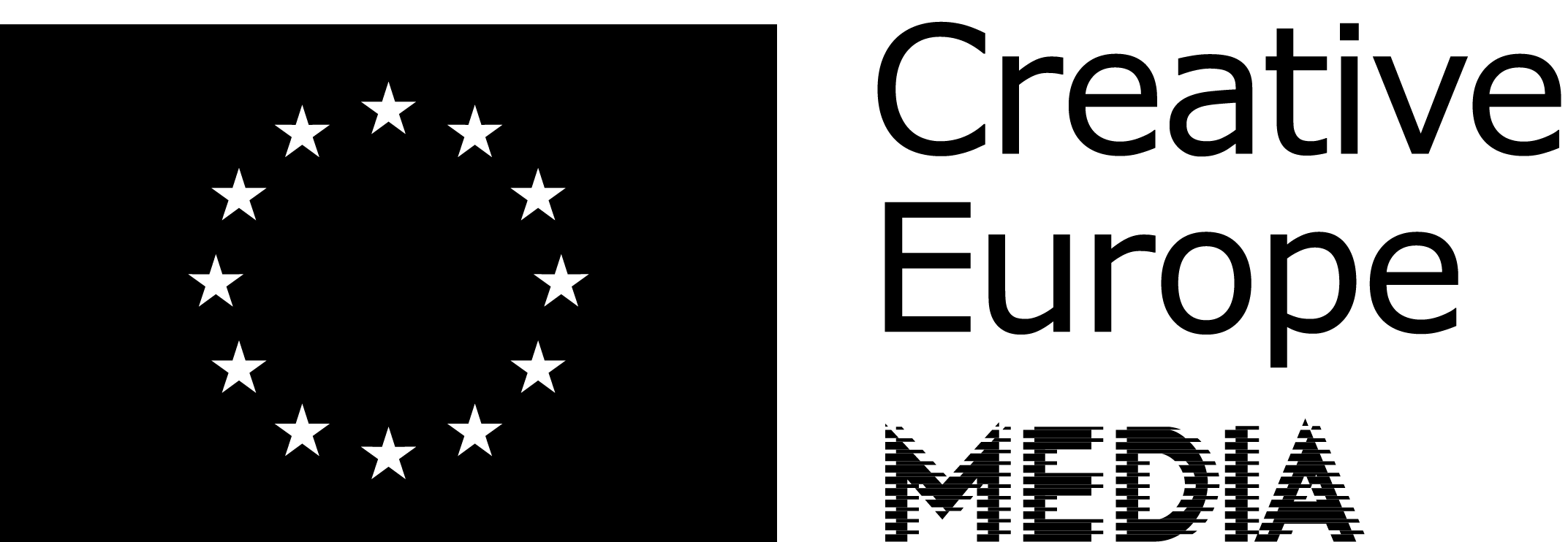
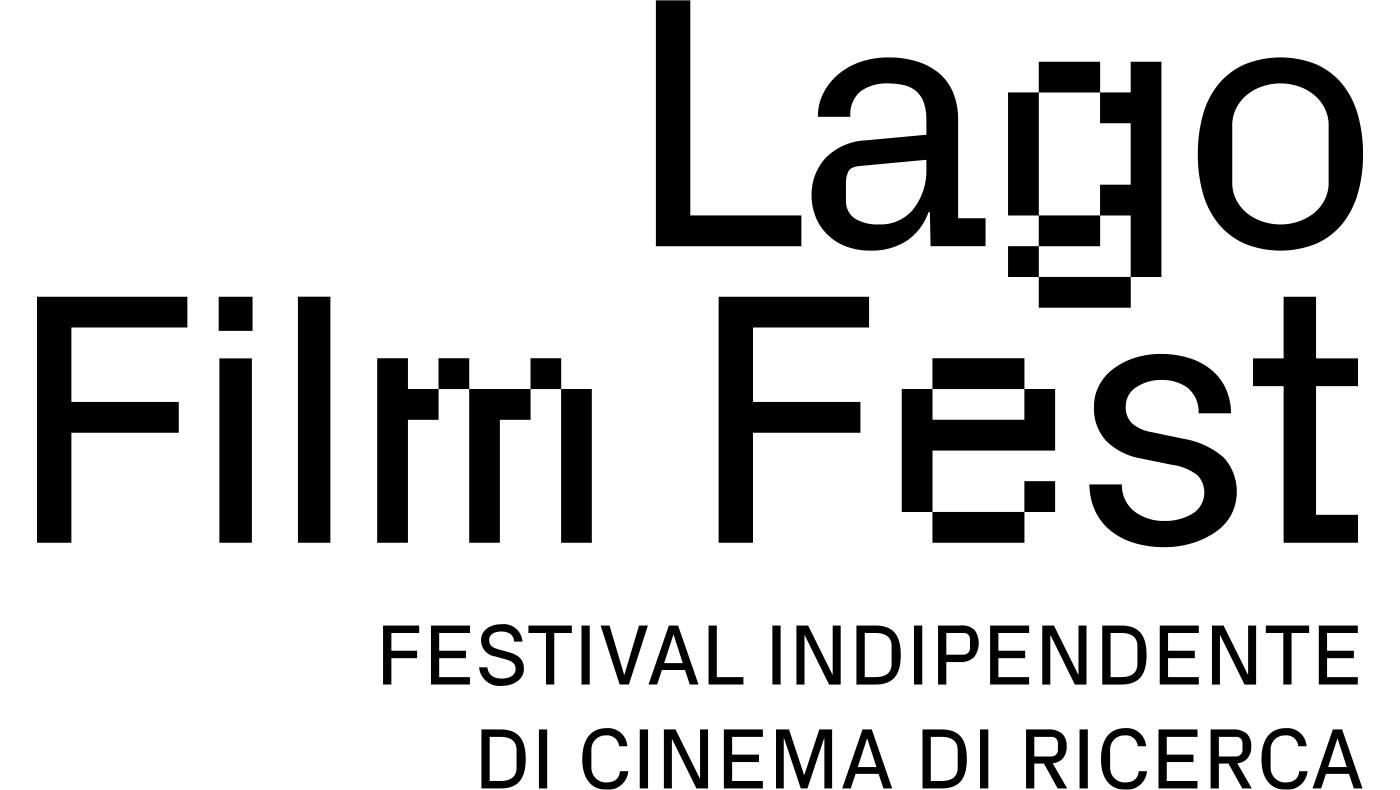

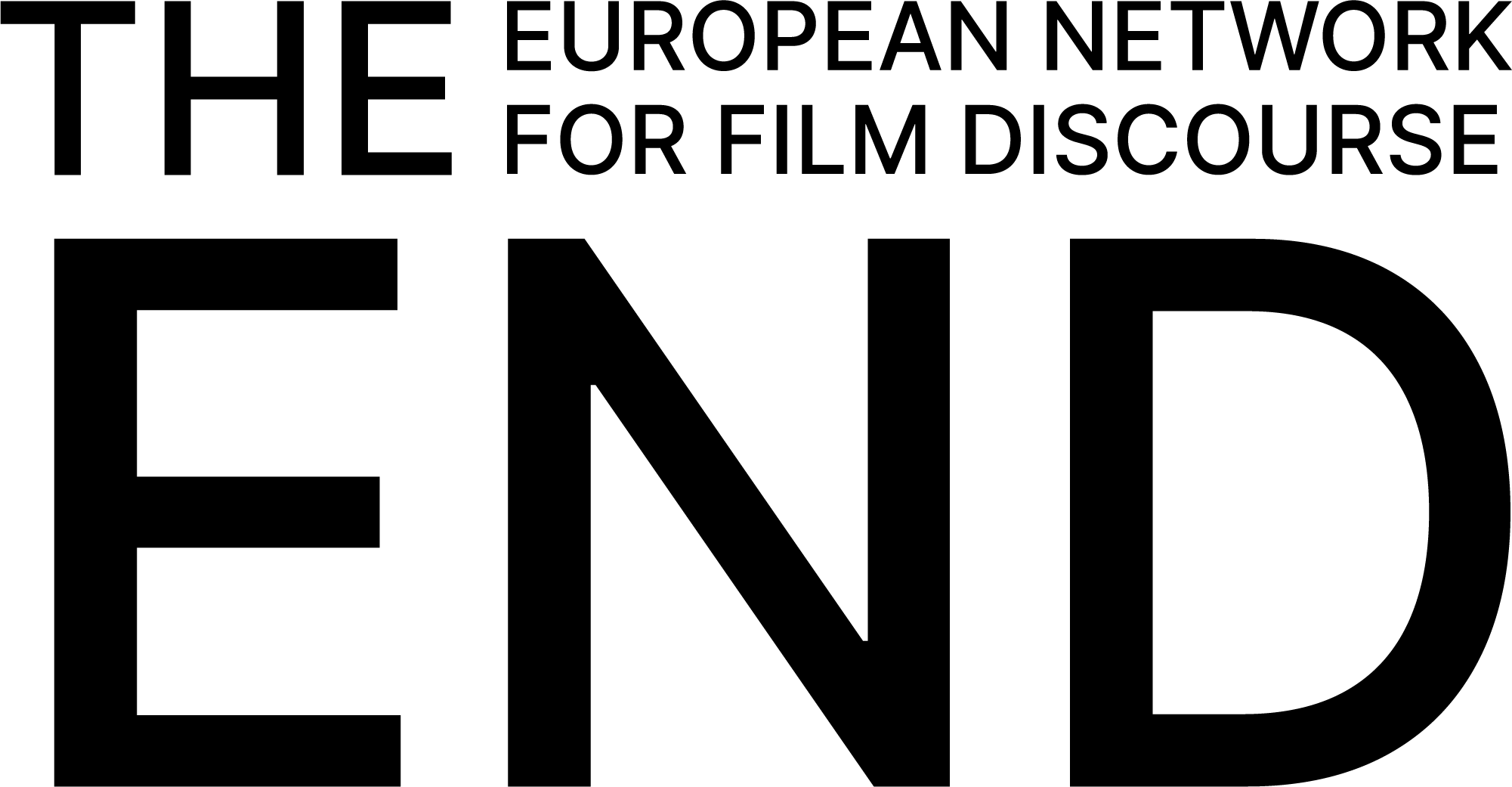
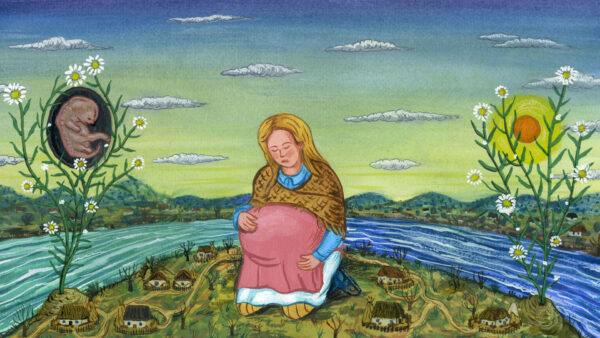
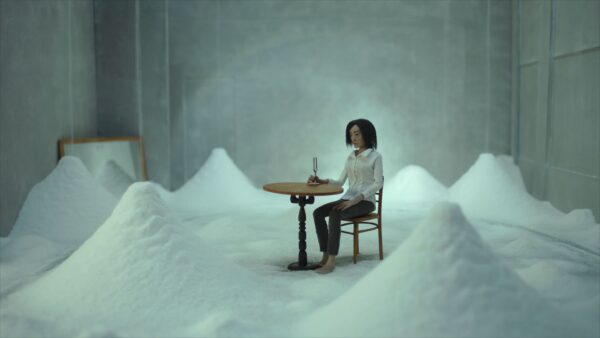
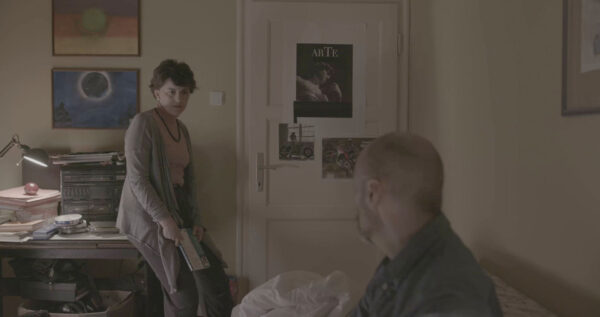
There are no comments yet, be the first!